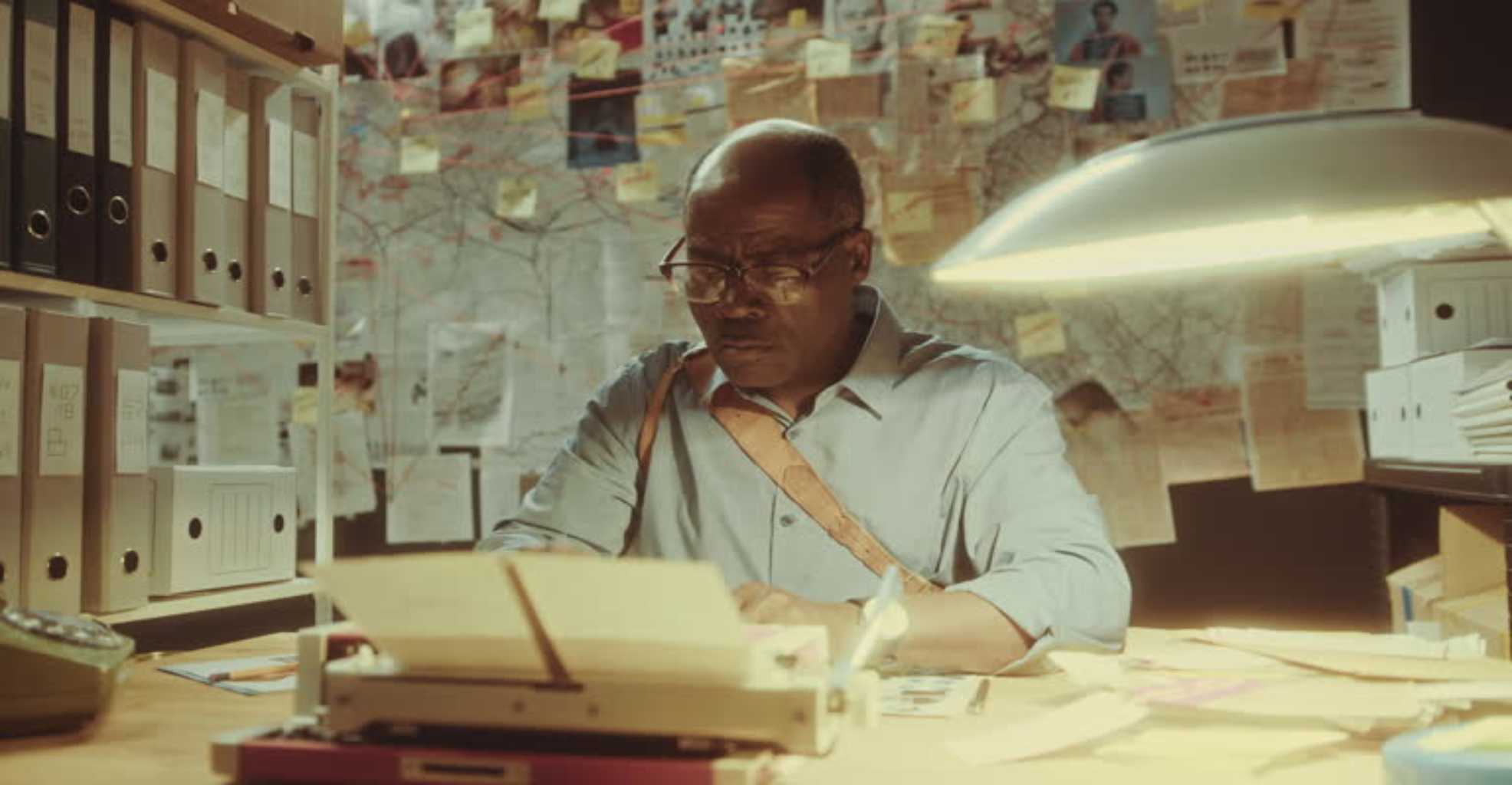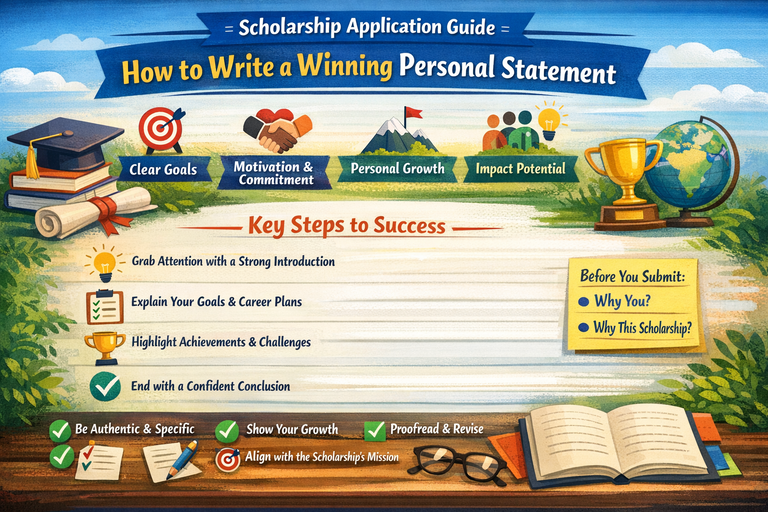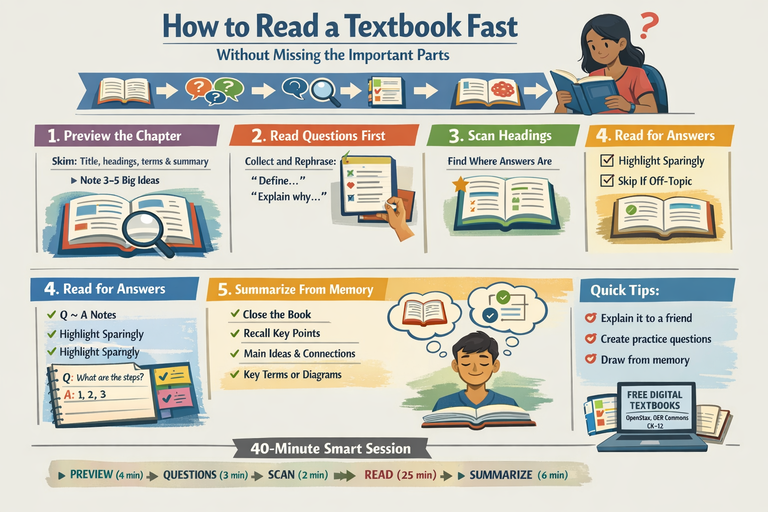How Athletes Use Ghostwriters to Tell Their Stories
In a world where fame can be fleeting but the written word is permanent, many athletes turn to books to immortalize their journeys. From championship wins to devastating losses, gritty childhoods to lucrative endorsements, the lives of professional athletes are ripe with narrative potential. Yet, while these stories often appear under the names of sports icons, many of them are actually penned by ghostwriters—professional writers who stay behind the scenes.
This blog post explores how and why athletes use ghostwriters, what the process involves, and the impact of these collaborations on the publishing world. For those in the book industry or curious readers, it offers an inside look at the delicate balance between voice, truth, and storytelling.
Why Athletes Need Ghostwriters
Athletes are masters of physical performance, not necessarily literary craft. While some are natural storytellers, many need help translating their life experiences into compelling prose. That’s where ghostwriters come in.
1. Time Constraints
Elite athletes often have demanding schedules filled with training, games, media appearances, and travel. Writing a book—especially one with narrative depth and emotional honesty—takes time most athletes don't have.
2. Writing Expertise
Telling a story is one thing. Structuring a book with narrative arcs, pacing, thematic consistency, and engaging prose is another. Ghostwriters bring the literary skill to shape raw material into a publishable product.
3. Clarity and Objectivity
Athletes can be too close to their own stories to see what readers need or want to know. A ghostwriter provides an outside perspective, helping filter essential themes and convey them clearly.
4. Brand Building
Books are more than memoirs—they’re tools for branding. Athletes often use books to expand their legacy, attract endorsements, or pivot into new careers (like coaching, broadcasting, or business). A ghostwriter ensures the final product aligns with the athlete’s public image.
Famous Examples of Athlete-Ghostwriter Collaborations
Many bestselling books by athletes were collaborative efforts. While ghostwriters often go uncredited, some do receive acknowledgment or even co-author status. Here are a few notable examples:
-
“Open” by Andre Agassi, ghostwritten by J.R. Moehringer (Pulitzer Prize-winning journalist), is widely regarded as one of the best sports memoirs ever written. The honesty and literary style elevated it far beyond the typical athlete autobiography.
-
“I Can’t Accept Not Trying” by Michael Jordan was written with help from Mark Vancil, who also collaborated on several of Jordan’s media and publishing ventures.
-
“Becoming Kareem” by Kareem Abdul-Jabbar was co-written with Raymond Obstfeld, showcasing the power of collaboration in conveying both cultural commentary and personal reflection.
-
“Rafa” by Rafael Nadal, co-written with John Carlin, brings insight into Nadal’s intense mental and physical regimen.
How the Ghostwriting Process Works
Every ghostwriting partnership is unique, but most follow a basic structure:
1. Initial Meetings and Interviews
Ghostwriters begin by interviewing the athlete—sometimes over weeks or months—to gather detailed stories, timelines, and reflections. These sessions can be in-person, over Zoom, or even via phone calls.
Some ghostwriters record dozens of hours of audio, which they later transcribe and sift through for narrative gold.
2. Outline and Proposal
Next, the ghostwriter creates an outline or proposal, often shared with the athlete and the publishing team. This document maps the chapters, themes, and arc of the book, giving everyone a clear direction.
3. Writing the Manuscript
The ghostwriter writes the manuscript—often in the athlete’s “voice.” Achieving this tone is a skill unto itself, requiring deep immersion in the athlete’s speech patterns, cultural background, and personality.
Multiple drafts are exchanged. Athletes may add, change, or remove sections, especially those involving sensitive topics.
4. Legal and Editorial Review
Because books can include controversial or private material, lawyers and editors often review the manuscript. This is especially true when the book discusses past relationships, team dynamics, or business dealings.
5. Credit and Compensation
Ghostwriters are typically paid a flat fee, although some negotiate a percentage of royalties. In some cases, they’re credited as co-authors (“with John Smith”); in others, they remain entirely invisible.
Balancing Authenticity and Storytelling
A good ghostwriter helps the athlete tell their story—not a fictionalized or sanitized version. But that doesn’t mean the book is a transcript. Great ghostwritten sports books have literary merit: tension, resolution, pacing, and emotional depth.
Still, maintaining authenticity is critical.
-
Too polished, and readers won’t believe the athlete wrote it.
-
Too raw, and it might feel disorganized or unprofessional.
The ideal ghostwritten book feels like the athlete sat down and poured their soul onto the page—even if it was shaped by a professional hand.
Challenges in Athlete-Ghostwriter Partnerships
Ghostwriting isn’t always smooth. There are several challenges:
1. Creative Control
Some athletes want complete control over every word. Others prefer to hand over the reins. Finding the right balance of input is key.
2. Protecting Reputations
Athletes may hesitate to reveal controversial or vulnerable parts of their stories—addictions, scandals, betrayals. Ghostwriters must respect boundaries while encouraging honesty.
3. Deadline Pressure
Books are often timed to coincide with key events—retirements, hall of fame inductions, or Olympic appearances. This puts pressure on the writer to produce quality under tight deadlines.
4. Public Skepticism
Some readers frown on ghostwriting, believing it’s dishonest. This stigma can be frustrating for ghostwriters who do vital and creative work behind the scenes.
The Role of Publishers and Literary Agents
In many athlete-publishing deals, the ghostwriter is brought in by the publisher or literary agent. These professionals recognize that a good story alone isn't enough; it needs expert execution.
For instance:
-
An agent might pair a retired NFL player with a ghostwriter who has covered sports journalism for decades.
-
A publisher might commission a ghostwriter for an Olympic medalist whose English is a second language.
In some cases, the ghostwriter also helps write the book proposal, which is crucial for securing publishing deals and media coverage.
Self-Publishing vs. Traditional Publishing
Some athletes choose to self-publish, especially if they have a niche following or want more control. In these cases, hiring a ghostwriter becomes part of a larger business decision: investing in editorial, design, and marketing as well.
Traditional publishing, on the other hand, often comes with advances, larger distribution networks, and in-house support. Ghostwriters in these deals are usually selected and compensated by the publisher.
Why Readers Still Value Ghostwritten Books
Despite the hidden hand behind many athlete memoirs, readers continue to buy them—sometimes in the millions. Why?
-
The stories are real.
-
The lessons are inspirational.
-
The perspectives are unique.
Whether or not the athlete typed every word is secondary to the truth and impact of the story itself.
Books like Open, Rafa, and Shoe Dog (Phil Knight, co-founder of Nike, also worked with a writer) prove that ghostwritten or not, well-told sports stories resonate with readers worldwide.
Conclusion: Celebrating the Team Behind the Book
Athletes spend their careers in the spotlight. Ghostwriters, in contrast, operate behind the curtain—yet their impact is profound. By shaping narratives, preserving legacies, and amplifying voices, ghostwriters help athletes bridge the gap between the locker room and the literary world.
For those in publishing, understanding how these collaborations work can unlock new business opportunities and creative partnerships. For readers, it’s a reminder that storytelling is always a team sport—even in the world of books.
Whether you're a fan of memoirs, a publishing professional, or an aspiring ghostwriter, the world of athlete-authored books is a fascinating intersection of fame, vulnerability, and the written word.






